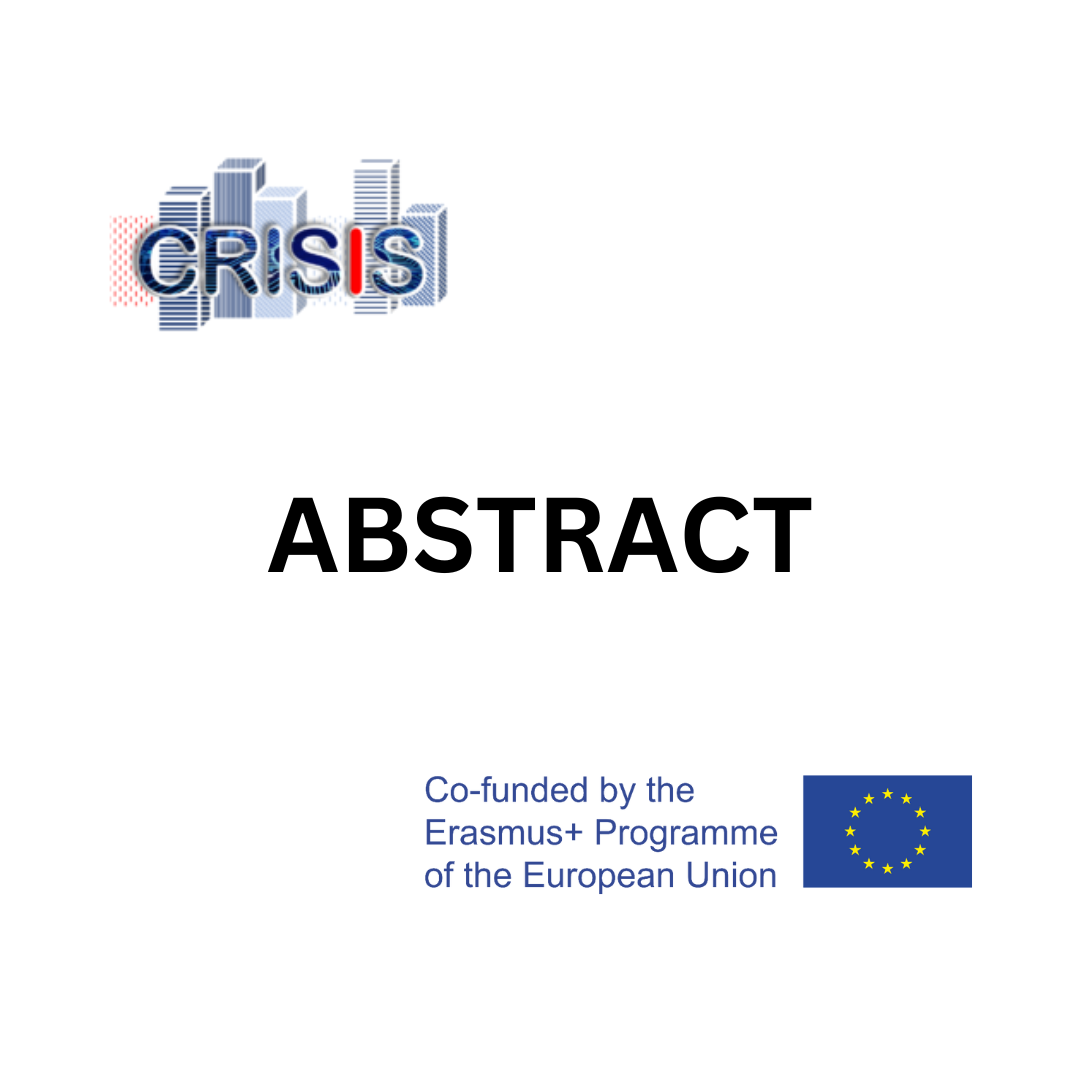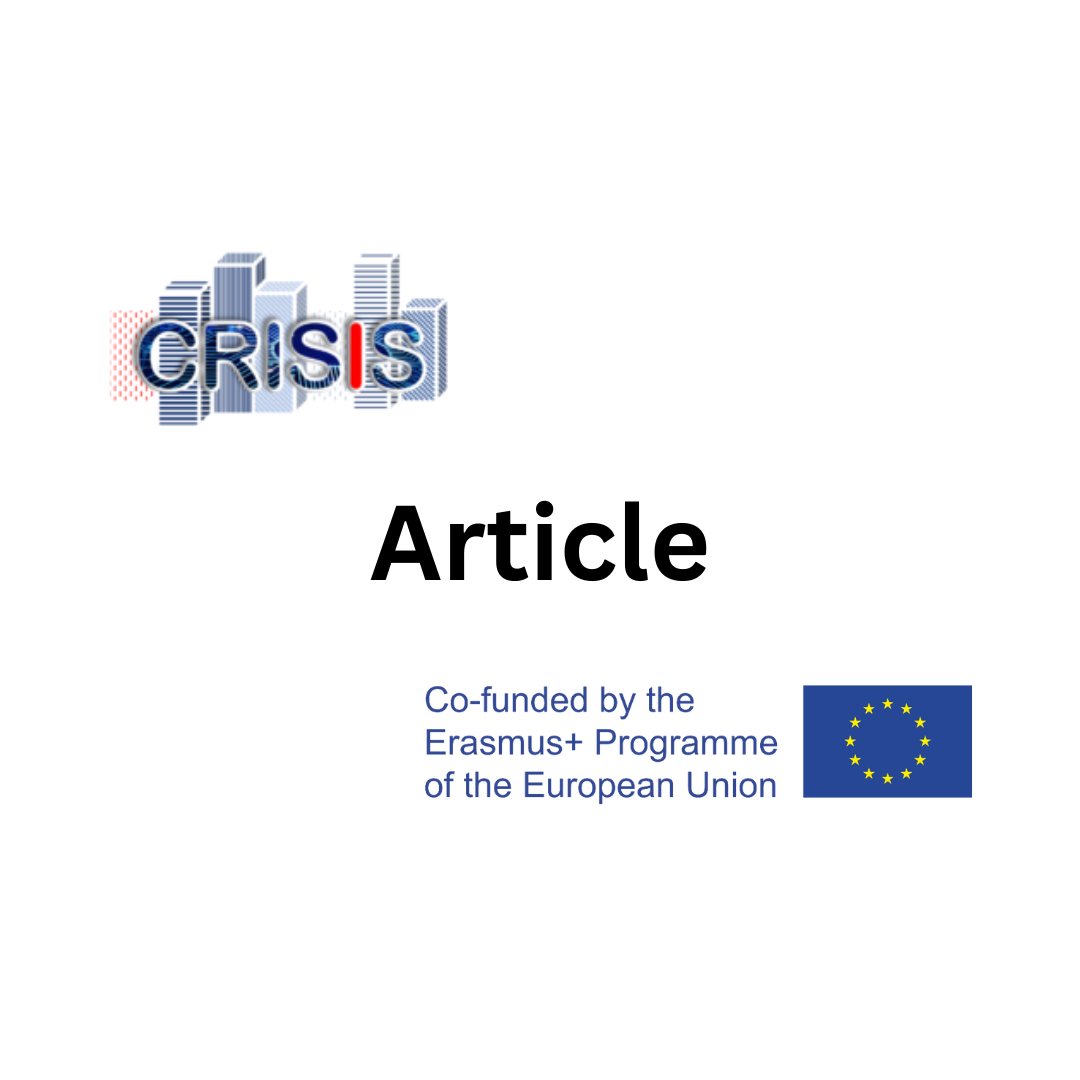The Role of Project Management in Smart and Resilient Cities Development
Prof. Panos Fitsilis ([email protected])
University of Thessaly
The contemporary era of urbanization is characterized by the rise of “smart cities” – urban environments that seamlessly integrate technology and infrastructure to enhance the quality of life for residents. However, in light of escalating challenges posed by climate change, there is an imperative need today for cities to be resilient in order to safeguard ourselves but as well our communities, businesses, infrastructures, and the natural environment. Resilience in this context implies the ability of cities to anticipate, respond to, and recover from a myriad of challenges, ranging from natural disasters to technological disruptions.
Key components for the resilience of smart cities include effective plan making with risk considerations, comprehensive hazard assessments, strategic approaches to attract investment for disaster risk reduction, and judicious land use zoning to prevent potential population displacements. Furthermore, understanding the intricate balance of the natural environment and ecosystem is essential, as it plays a pivotal role in a city’s disaster resilience. Equally crucial are the skills and experience available within the city, encompassing risk identification, mitigation, planning, response, and post-event actions. The role of community or “grass roots” organizations can’t be understated, offering localized knowledge and networks. Additionally, the presence of robust protective infrastructure, effective early warning systems, and pre-emptive post-event recovery planning further solidify a city’s resilience stature.
The development of smart city resilience necessitates a clear vision and a well-defined strategic plan. Beyond just individual project management, it requires adept portfolio management skills to ensure that various initiatives are cohesively aligned with the overarching resilience objectives. Drawing from the Project Management Institute’s (PMI) portfolio management processes, it’s crucial to define, align, and authorize projects and programs that contribute to the broader resilience plan. Additionally, it’s imperative to educate municipal officials on these resilience components, the significance of portfolio management, and the strategic alignment of projects. This education not only ensures informed decision-making but also cultivates a proactive stance towards challenges, rather than a merely reactive one.
The mounting challenges of climate change necessitate cities to be resilient, both in infrastructure and the knowledge of their officials and citizens. The recent calamities in Greece, such as fires and floods, have starkly emphasized this need. It’s evident that resilience is achieved not just through robust infrastructures but, crucially, through the empowerment of city stakeholders via education and training.
Recognizing this, the CRISIS ERASMUS+ project, led by the University of Thessaly emerges as a pivotal initiative. This project, focusing on cultivating competencies for smart city resilience, has set forth a roadmap by crafting a novel job profile for city executives and introducing a structured training curriculum. Through such endeavors, CRISIS aims to ensure cities are equipped both in knowledge and action to face future challenges.
Keywords: smart cities, resilience, resilient officer, portfolio and project management
ACKNOWLEDGMENTS
This work was supported by the Erasmus+ KA2 under the CRISIS project “Competences for Resilient Smart Cities’ Staff” (Project No.: 2021-1-EL01-KA220-HED-000032257)



